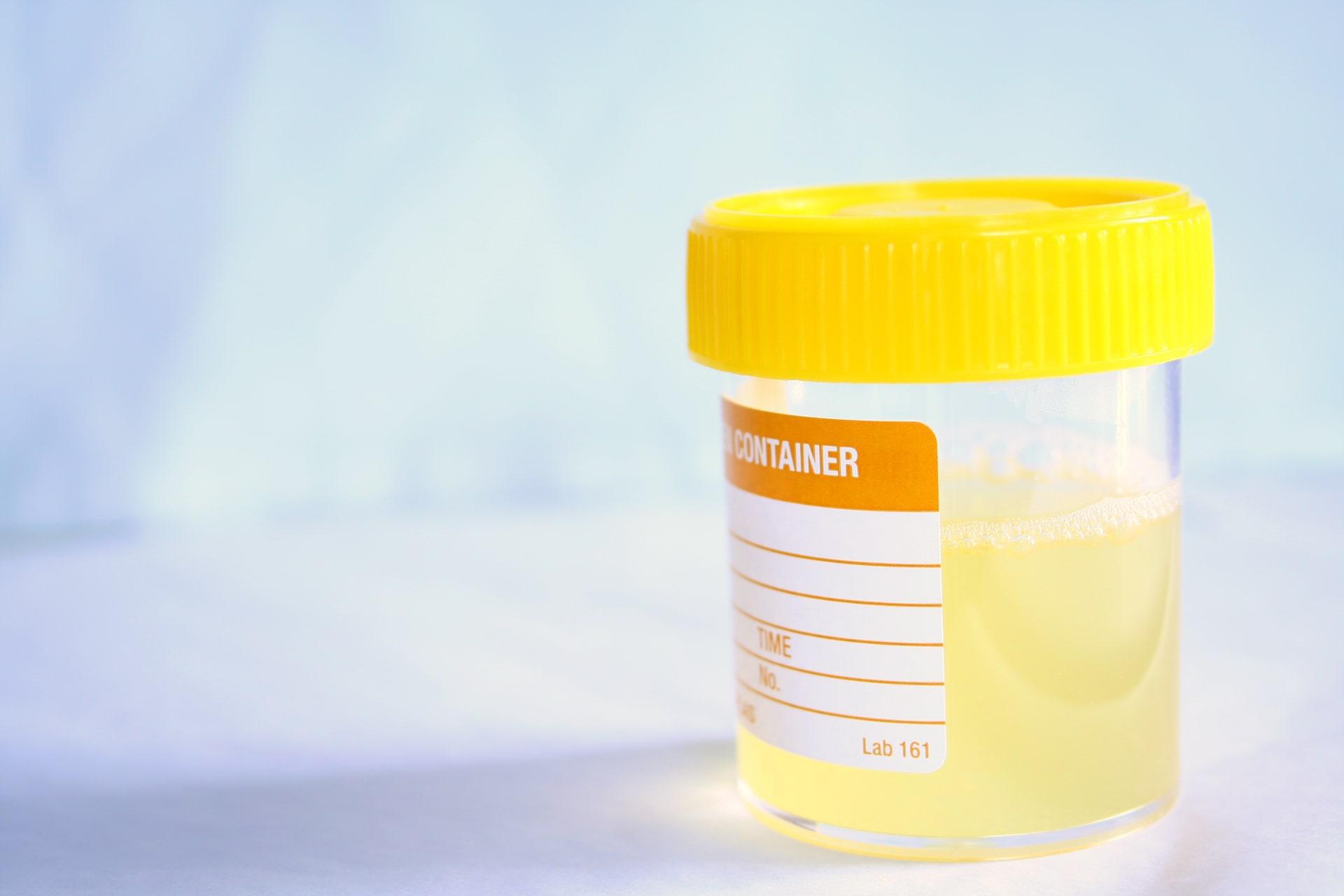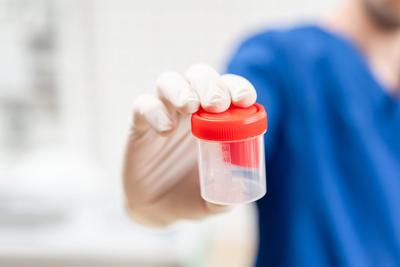DOT Drug Testing 101
Here's a quick and dirty introduction for anyone wondering what a DOT drug test is.

Let's face it: most companies that profess to have a drug-free workplace require a single pre-employment drug test. On the other hand, DOT regulated companies - meaning all operations that are governed by regulations of the agencies under the U.S. Department of Transportation (DOT) - are mandated to require certain employees to submit to ongoing drug tests for a variety of reasons. Most notably, safety-sensitive employees are subject to random DOT drug testing for the duration of their employment.
Testing procedures fully comply with federal "chain of custody" regulations, includes analysis conducted by a SAMHSA certified lab, and final review by a Medical Review Officer (MRO) to ensure that the results are reliable and accurate. We also provide management of Random Pools to keep you in compliance with the DOT regs.
DOT Drug Testing 101
Let's be honest, a DOT drug test can be a little confusing to read about when some of the information out there is loaded with industry jargon that many of us are unfamiliar with. so, save your brain power for now and let us guide you through the basics of DOT drug testing in a manner that won't make your eyes cross or cause your brain to sizzle!
Who Has to Take a DOT Drug Test?
There are 11 agencies currently under the DOT banner and they are: Federal Aviation Administration, Federal Highway Administration, Federal Motor Carrier Safety Administration, Federal Railroad Administration, Federal Transit Administration, Maritime Administration, National Highway Traffic Safety Administration, Pipeline and Hazardous Materials Safety Administration, Saint Lawrence Seaway Development Corporation and Surface Transportation Board. These agencies fall into one of the six core DOT modalities of FMCSA, FAA, FRA, FTA, USCG, and PHMSA.
Safetey sensitive employees of companies that operate under the auspices or regulatory oversight of any of these agencies must conduct drug testing for the six following reasons:
How are DOT Drug Tests Performed and What Do They Test For?
All DOT agency requested drug tests are based on a five panel drug screening and are performed using the split sample method. This method is pretty much exactly what is sounds like it is. When an employee provides a lab technician a urine sample, it is then literally divided into two separate containers. One container, the A-specimen, is sent to a DOT approved, SAMHSA certified laboratory to test and analyze. The other container, called the B-specimen, is also sent to the lab, but remains undisturbed. In the case of a positive outcome, the B-specimen is available for further testing by an outside lab, if the employee requests it.
As part of 49 CFR Part 40 Subpart F, the DOT requires employers to drug test their workers for the following substances:
What Happens If a Test is Failed?
When an employee fails to pass their drug test, he or she is then removed from duty and will be required to see a substance abuse professional (SAP). The SAP may then require the worker to participate in a substance abuse program. To return to work, the SAP must approve the employee and direct him or her to take and pass an "observed" (someone watches) Return-to-Duty DOT drug test. If successful, they will also have to submit to repetitious, observed "Follow-Up" drug testing at random, as per a schedule and frequency delineated by the Substance Abuse Professional, for a period of up to five years after they return to work.





